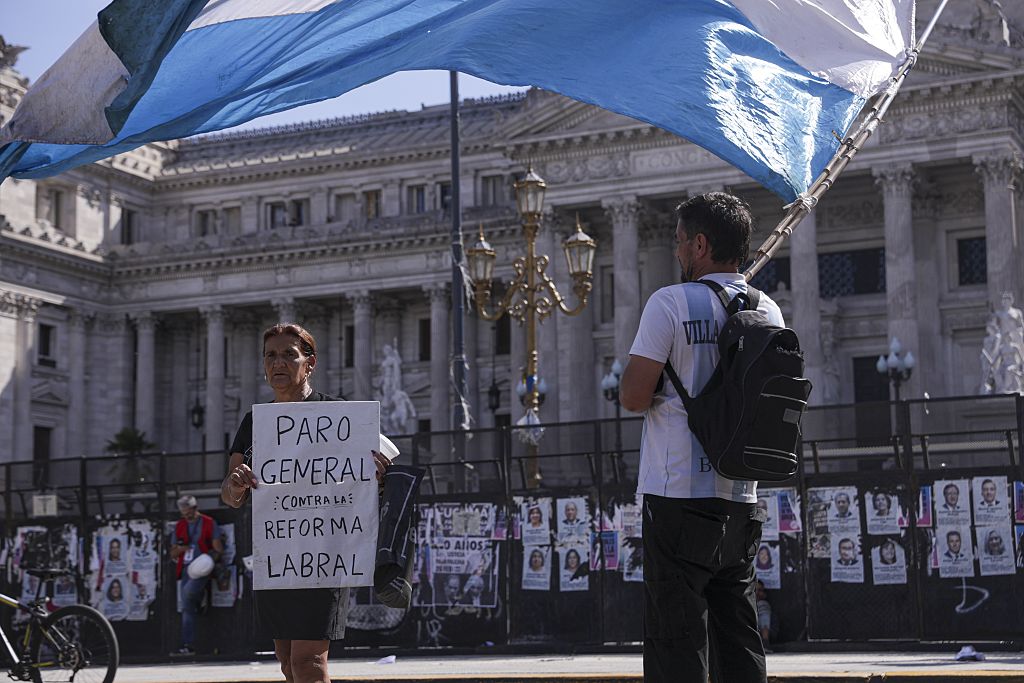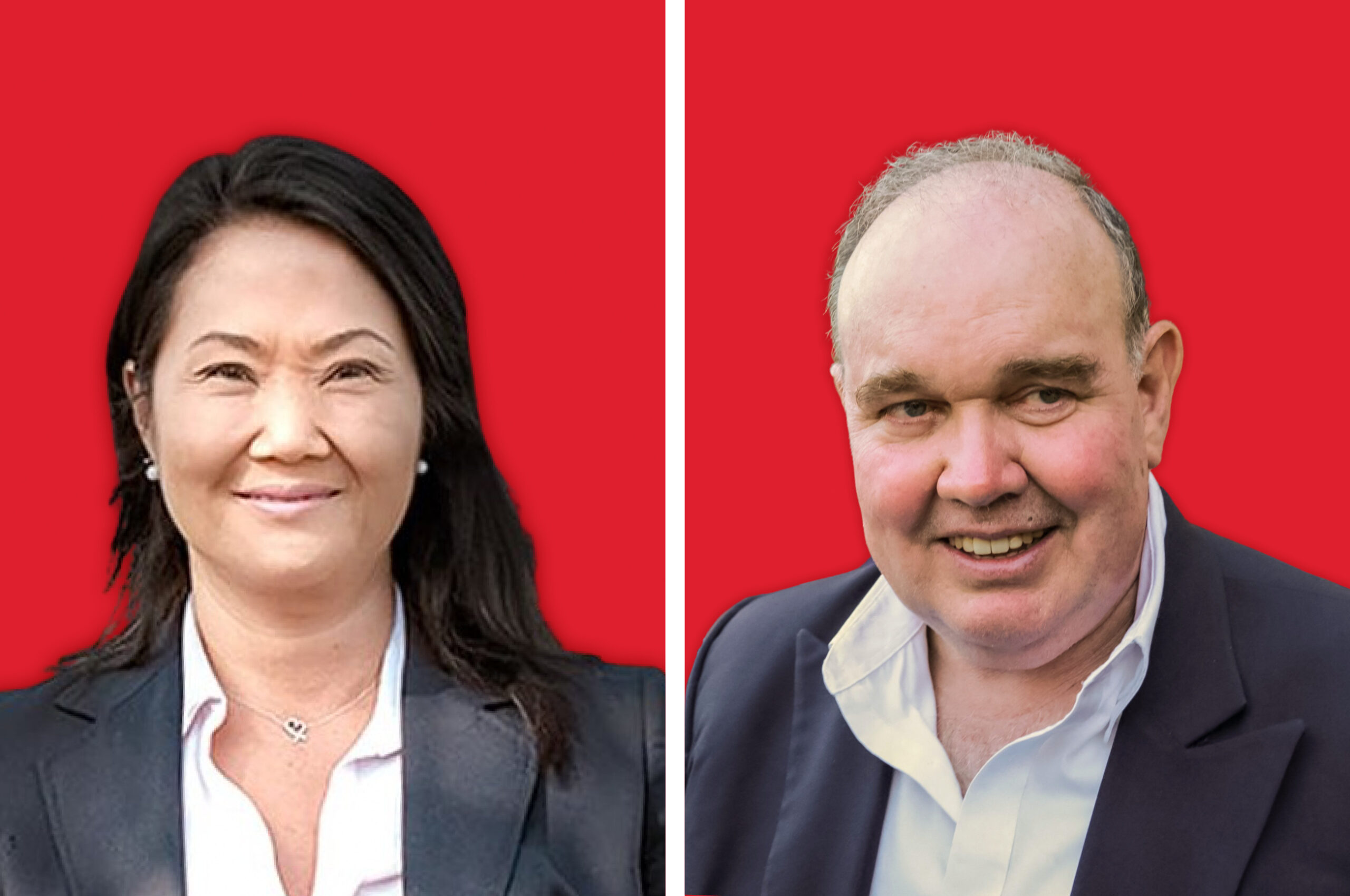Dangerous Campaigning in Guatemala
Dangerous Campaigning in Guatemala
Guatemalans vote Sunday in a tight presidential race marred by violence and mudslinging. The winner faces the challenge of halting a rising crime rate. Read more. The new issue of Americas Quarterly, released November 2, examines security in Latin America. AS/COA produced a July 2007 report outlining means to boost the rule of law in the Americas.
Guatemalans vote Sunday in the second round of a tight presidential race marred by pre-election violence and mudslinging. More than 50 candidates and activists have been killed, including the secretary and the security guard of Otto Pérez Molina, candidate of the Partido Patriota (PP) and a former military intelligence chief. Fourteen members of Unidad de la Esperanza Nacional (UNE)—the party of opposing candidate Alvaro Colom—have been assassinated since last year.
Both candidates have exchanged and faced accusations. Pérez Molina charged UNE with gaining campaign funds from drug traffickers while Colom accused his rival’s campaign of sending him death threats. Colom’s former chief strategist says he also received death threats from UNE. And two journalists reported they were threatened after investigating the financing of PP’s campaign.
It remains in doubt who will win this weekend. The left-leaning former deputy finance minister Colom came out slightly ahead of Pérez Molina in September during the first round of elections, yet polls differ on each candidate’s chances on Sunday. A poll published by Prensa Libre puts Pérez Molina ahead of Colom by 6 percent while another in El Periódico places Colom on top by a similar amount.
Colom, a business leader who lost the 2003 election to current President Oscar Berger, runs on a poverty reduction platform. Pérez Molina, who would be the first military man to govern the country since 1986, has pledged to crack down on Guatemala’s crime wave by bringing back the death penalty and increasing the police force’s size. But some experts posit that either leader would face serious challenges when it comes to reducing the crime rate in Guatemala, where only 2 percent of more than 5,000 murders each year lead to investigations. Analysis by the Power and Interest News Report says organized criminals would place political pressure on Colom or use Pérez Molina’s focus on street gangs to increase their strength.
The new issue of Americas Quarterly takes a look at crime in Latin America, as well as models to increase safety in the Western Hemisphere. View the contents of the journal, and visit the AQ website for more information. The AS/COA Rule of Law Working Group produced a July 2007 report outlining means to boost the rule of law in the Americas.








